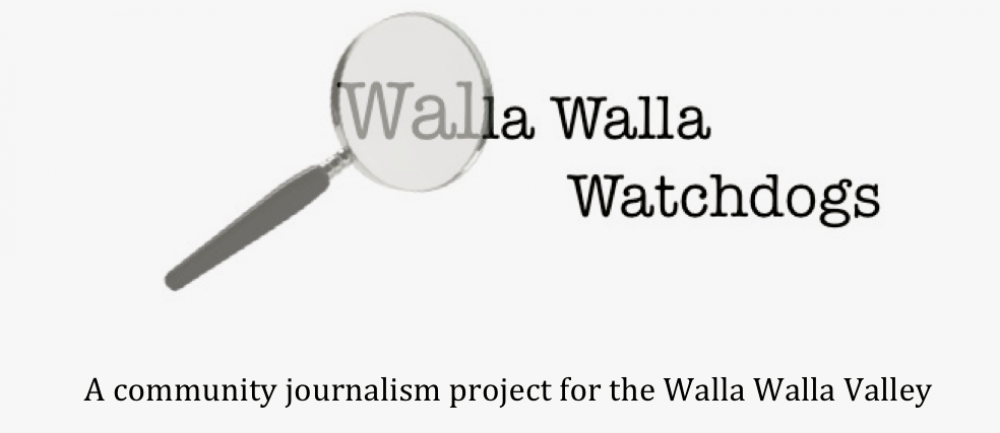Well, not really, but pretty close.
Esther Dyson was one of 17 CEO, investors, or professors that Business Week recently asked to give a 10-word answer to a “Big Question.” Since she is described elsewhere as “one of the world’s leading entrepreneurs focusing on emerging digital technologies,” she was asked “What is the next big thing VCs should invest in?”
Her 10-word answer surprised and electrified me: “Quantified community. Applying citizen-led big-data analysis and oversight to cities.”
This describes exactly and concisely one of the founding hopes for Walla Walla Watchdogs — my dream is to apply citizen-led journalism, and especially data analytics and interactive data visualization, to the nuts and bolts of local government … to questions like these:
- Where can the City of Walla Walla find the money to maintain the public library budget without funding from the county’s Rural Library District?
- Is there any way to squeeze funding for the Aviary if it remains at the bottom of the Parks Department’s priority list?
A quick web search led me to the longer article Dyson wrote last month to spell out her ideas and the evidence to support them. There, I found even more encouragement and suggestions for positive action.
The money quote:
“One institution capable of leading the way is local newspapers, many of which are searching for a new business model and a new source of unique content. They have the connections, the resources, and the respect to play a key role.
Indeed, I believe that local newspapers will often find that the Quantified Community offers them the business model that they need at a time when many advertisers are bypassing them for social marketing and running their own Web sites. Despite the pending demise of print journalism, local papers still generally reach more local citizens than any other single institution. They need a way to remain relevant; this could be it.”
Shall we see if anyone else agrees?
